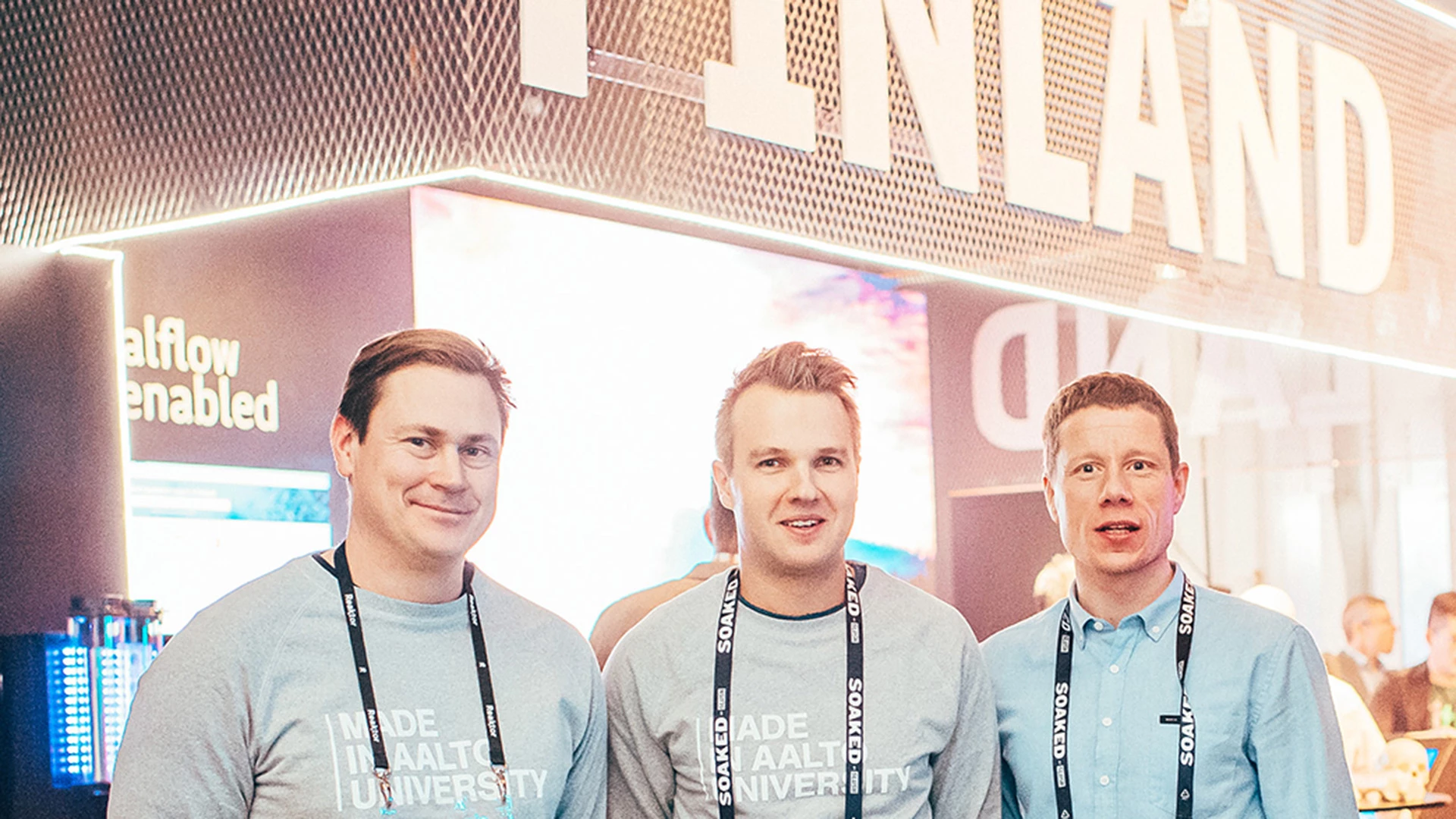Hybrid platform combines traditional offices and remote working locations into one solution
Spacent provides the broadest network of remote working locations in the Nordics. Its business is based on 10 years of research into the flexible use of space and hybrid working models at Aalto University, MIT and Tongji University.
“Our technology supports employers, employees and workspace providers in a fast-changing world. The hybrid workspace model provides workers with the flexibility to work wherever they are most productive: in the office or from home or another remote location, or a combination of these. The ideal model will look different for each organisation, team or individual. We can have a positive impact not only on the employees’ well-being but we can also reduce the carbon footprint of commuting,” Antti Salonen explains.
The business idea first emerged when the founders thought about the low occupancy rates of offices and educational institutions and whether it would be possible to share the unused space. A new model for renting workspace on an hourly basis was developed as an alternative to traditional offices and monthly rents.
“Once the pandemic hit, office workers found themselves working remotely. Consequently a lot of people realised that you can work from different locations and commuting to the office isn’t always necessary. Offices are a big cost to many organisations but working remotely might not always be the best solution either, as you may struggle to find the peace and quiet to work, poor ergonomics or have a spotty Wi-Fi connection. Having a suitable working environment available near your home makes life easier,” Antti Salonen says.
Spacent uses its own service
Spacent currently rents work and project spaces as well as meeting rooms for its own staff only when needed. Later, when it’s time for the company to have its own offices, it will use the platform to share some of the premises so that it can test its own solution.
“The hybrid workspace model is our present and our future. We are able to track our occupancy so that there are no empty desks at the office. Our integrated service allows providers to list their space, and you can also book them in real time.”
Security is always a hot topic when it comes to shared workspaces but people are already used to working at airport business lounges, for example. Going paperless also helps with the transition.
“Workers are used to moving around with their laptops and phones. Processes are in place to ensure information security in locations where you can rent a workstation. There are also booths for making confidential phone calls and other private spaces available. The workplaces are cleaned thoroughly and we communicate our hygiene, health and safety measures to the users so that everyone feel comfortable about renting our spaces.”



